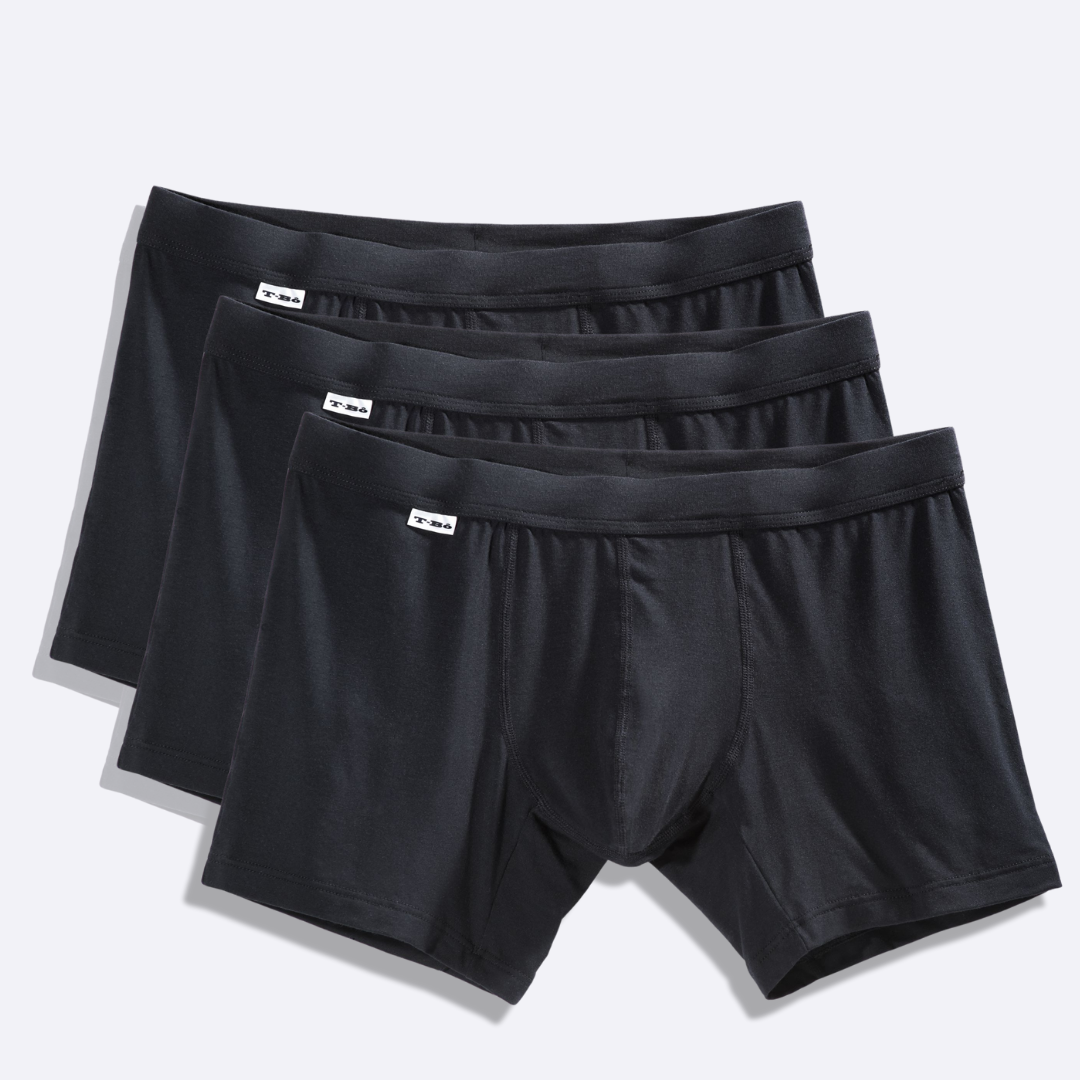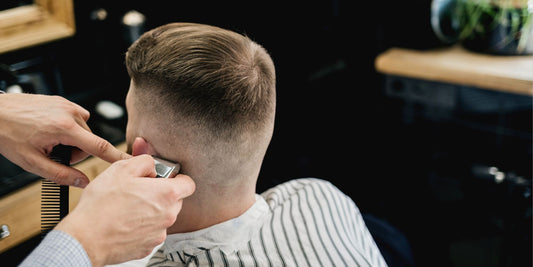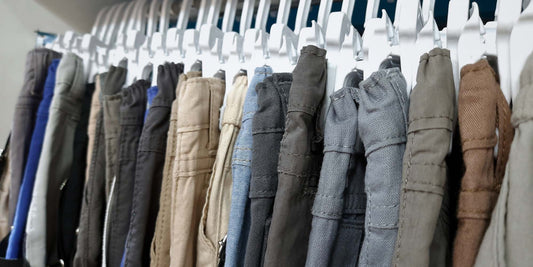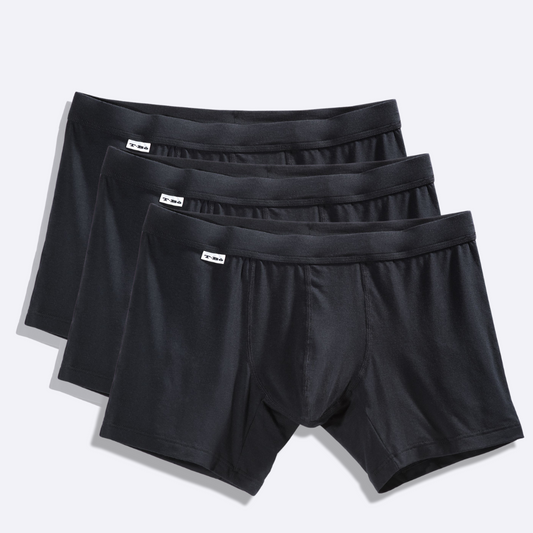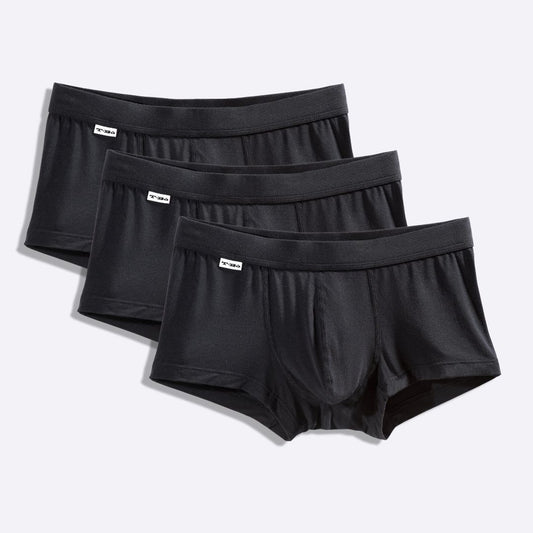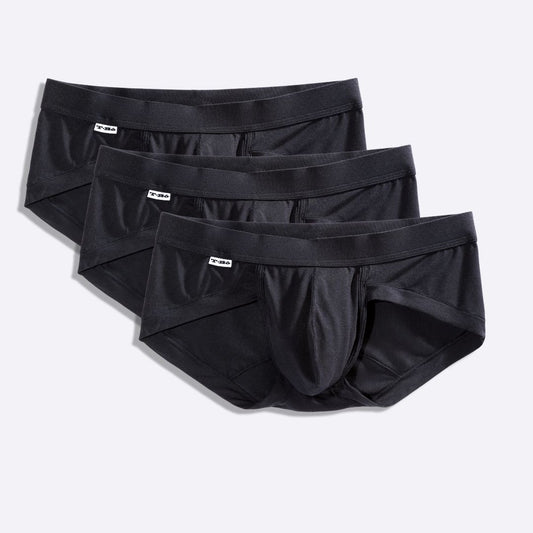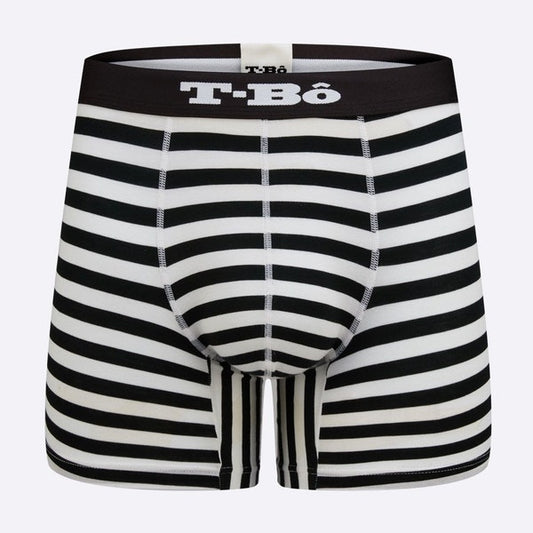
What Makes a Patch Part 1 : Guilty Gear: Strive Season 2
For the FGC (fighting game community) the history of the genre can be divided into two distinct eras, pre and post patches. Season 2 of Guilty Gear: Strive is upon us, and with it comes patch 1.18 and a series of game altering changes that will reshape the competitive meta.
For players of other competitive games like League of Legends or Valorant you should be familiar with the concept; but for the uninitiated I’ll take a moment to explain what a patch is: A patch is a free update to a game that alters the “balance” of character strength or system mechanics based on internal testing from the developer as well as player feedback.
If you're looking to get the most out of your play and stay comfortable, check out the TBô gaming line featuring: The Gaming Sleeve, designed to promote blood flow while keeping you warm and comfortable:
‘Twas the night before patch notes. In the FGC, “patch notes day” is like Christmas come early. Every player, casual or pro, waits patiently to unwrap their gifts hoping their favorite character got the buffs they wanted. For Guilty Gear: Strive, it’s been several months since the last balance update and the Season 2 patch offers a chance for ArcSystem Works to breathe some fresh air into a stale competitive meta.
Nerfs to top tiers, and buffs to weaker characters are on everyone's minds as increased character diversity and stability is sorely needed. In the aftermath of the changes, top players begin to voice their opinions and a new discourse around the meta begins to take shape. This is the cycle of modern fighting games.
The initial social media response to Strive 1.18 has been positive, but only time will tell if the game is in a better spot competitively following the update.
If you're looking for some early reactions from FGC content creators these are great channels to check out:
Hotashi:
LordKnight:
Romolla:
Sajam:
In the days when arcades were king and home consoles were a rarity, once a game was released it was left as is until a new version replaced it. For fighting games, that meant that whatever broken character or unfair mechanic dominated the meta was left untouched and players had to either use it, play around it or quit.
This all changed in the early 2010’s as the main hub for play shifted away from the arcades and towards home consoles. Along with this shift and the growing prevalence of online play, came the ability for developers to easily update and patch their games post release. For competitive fighting games, this ushered in a new era.
If your interested in a little FGC history check out these videos about Marvel Vs Capcom 2, a beloved but busted fighting game:
IGN’s Retrospective:
5 Glitches That Had To Be Banned:
If you were to weigh the pros and cons of balance patches it’s hard to argue that they aren’t a net gain for the genre. The ability to offer free updates post release increases the longevity of a title without forcing the players to shell out extra cash for the “Ultimate” or “Super” versions.
Yes, I’m looking at you Ultra Street fighter IV: Arcade Edition...
For FGC esports however, the patch era introduced a new element of randomness as the whole game could change on a dime. In many ways, top players are at the mercy of developers and a bad balance update could tank the game competitively. An example of this would be Tekken 7, whose introduction of new character “Leroy” destroyed the competitive meta for months before changes were implemented. More recently, the patch introducing “Lab Coat 21” in Dragon Ball Fighterz was so botched that some tournaments have banned the character from competitive play.
For fighting game developers creating a good patch is a delicate process and balance is never easy to achieve. Pure balance patches, or patches that don’t introduce new characters, are often not a threat to the competitive scene. That being said, patches that don’t do enough to fix problems can lead to interest in a title fading fast.
Interested in performance oriented clothing? Check out some of these options from TBô’s gaming line:
The Raglan Tee. Made with a bamboo fabric that breathes better:
The Chill Hoodie. Built with natural UV protection to keep you dry:
Like them or not, frequent balance patches are here to stay. For popular FGC titles like Guilty Gear: Strive, a Season 2 offers much to be excited about. In addition to balance changes, we can look forward to new characters, and new features that will give the game legs moving into its second year. For FGC esports, these changes offer a chance for top players to reassert themselves as dominant forces and a redefined meta gives new players on the cusp a chance to shine. For better or worse it’s an exciting time to be a Guilty Gear fan and if you’re looking to get into the game, Season 2 is a great way to get started. So, happy patch notes to all, and to all a good night!
By: Simon Mancuso
